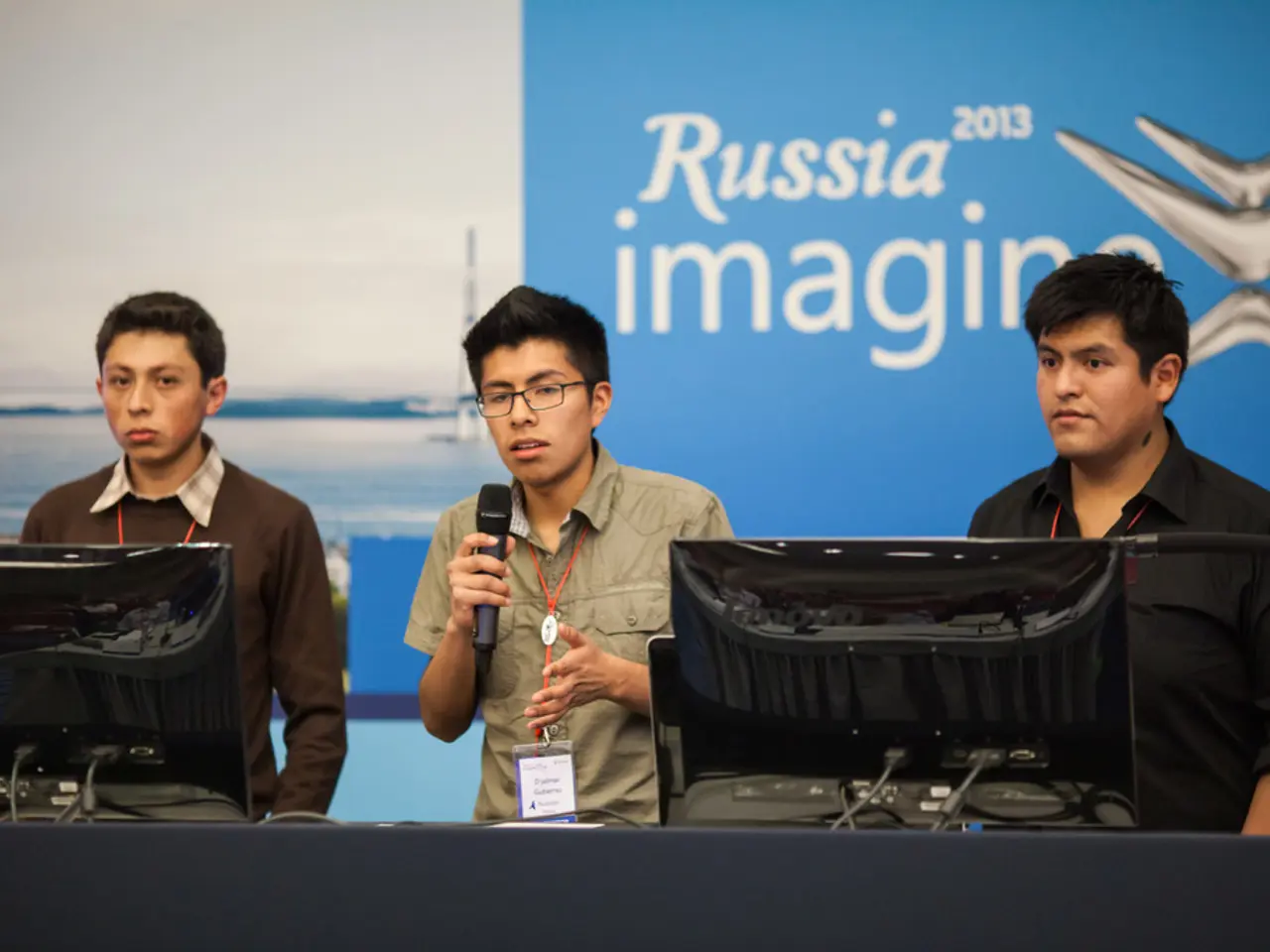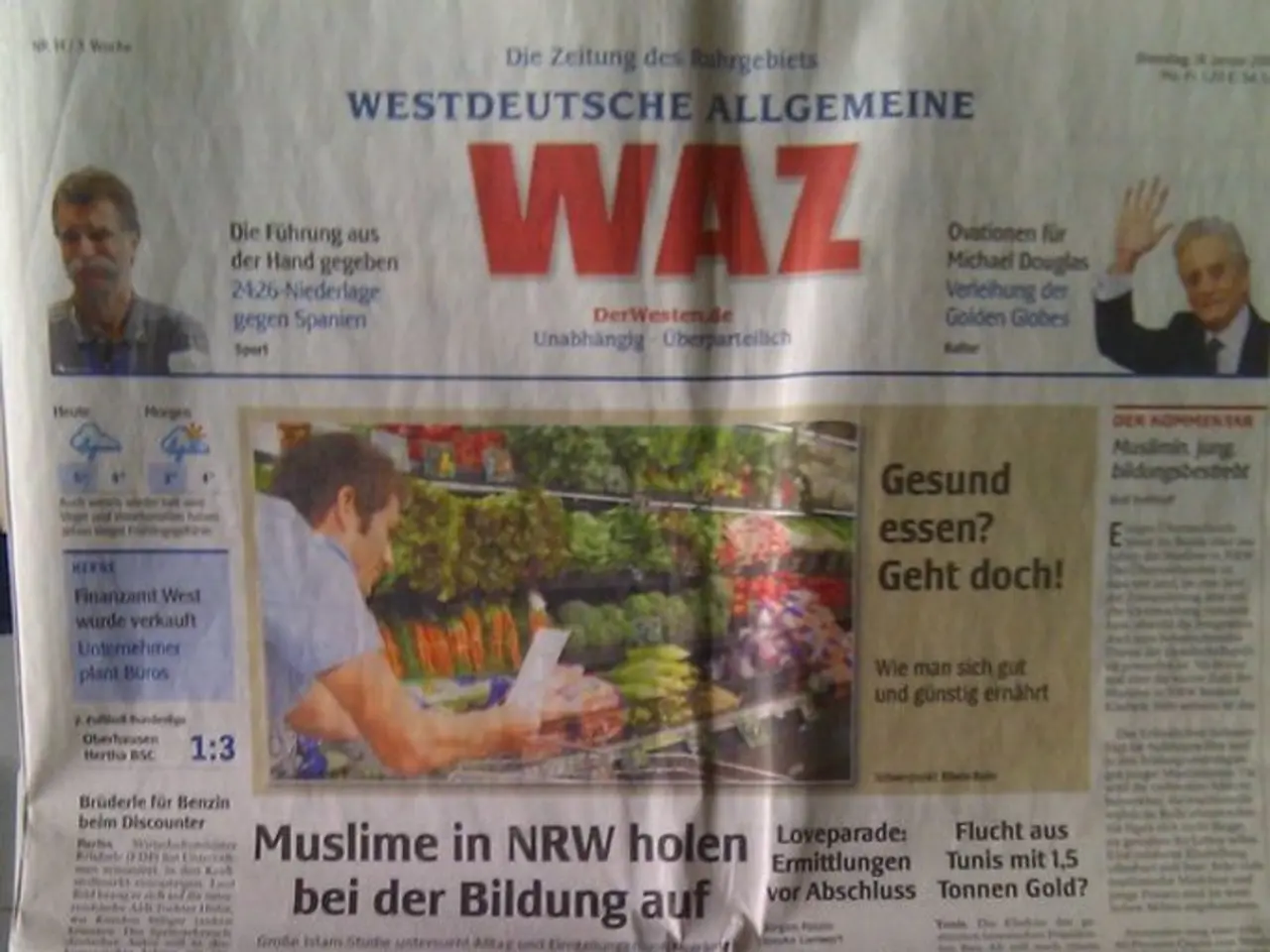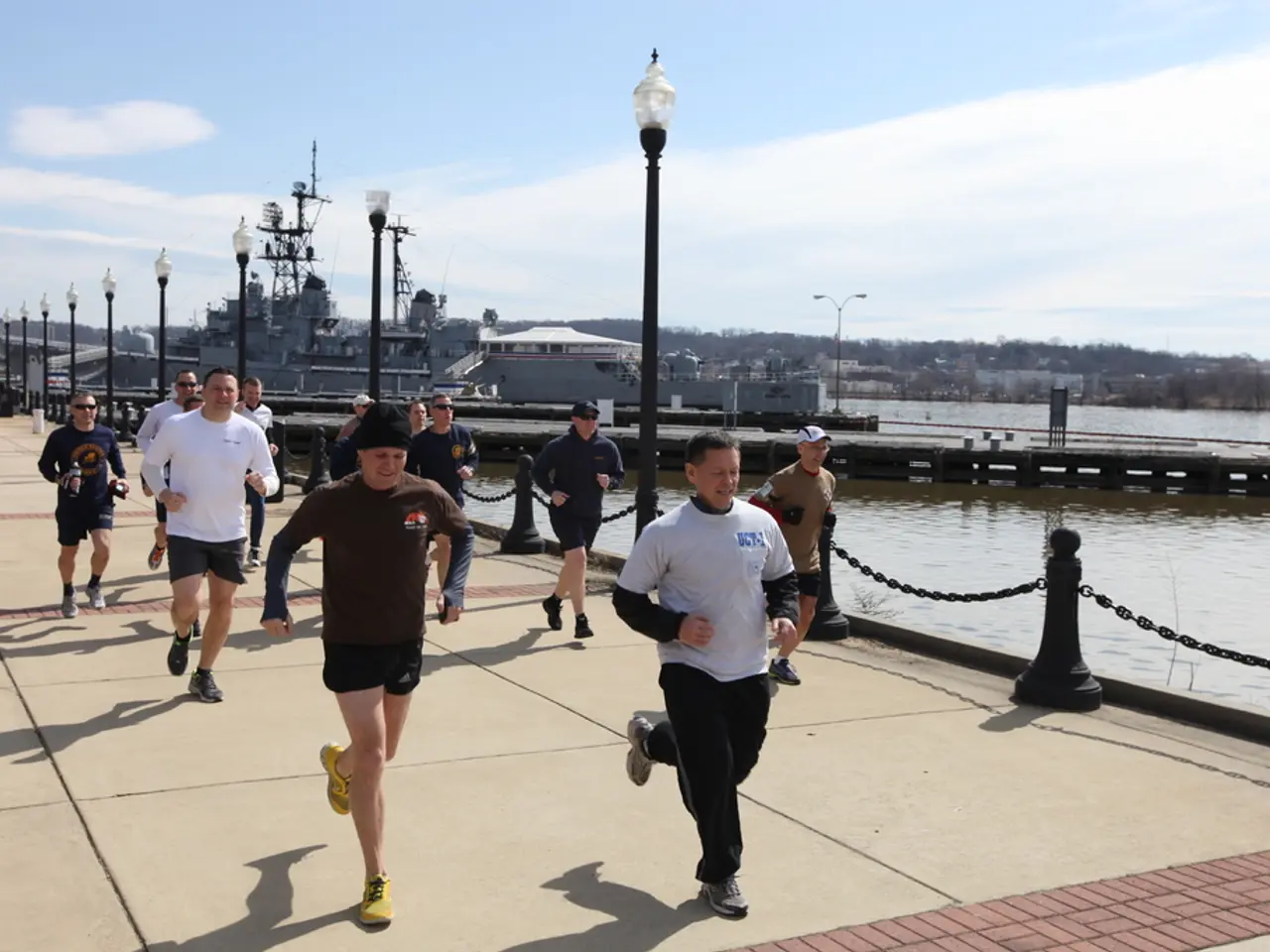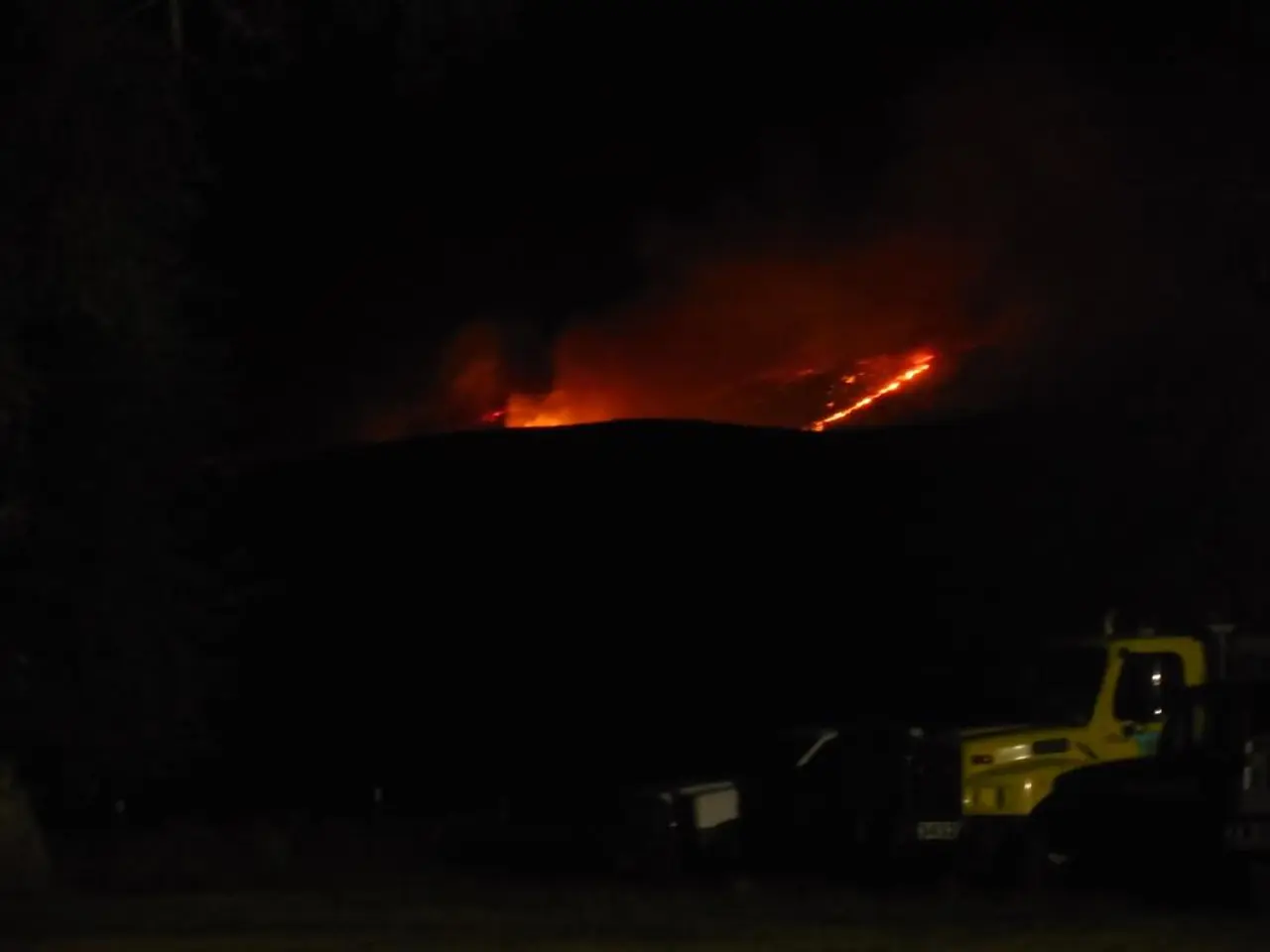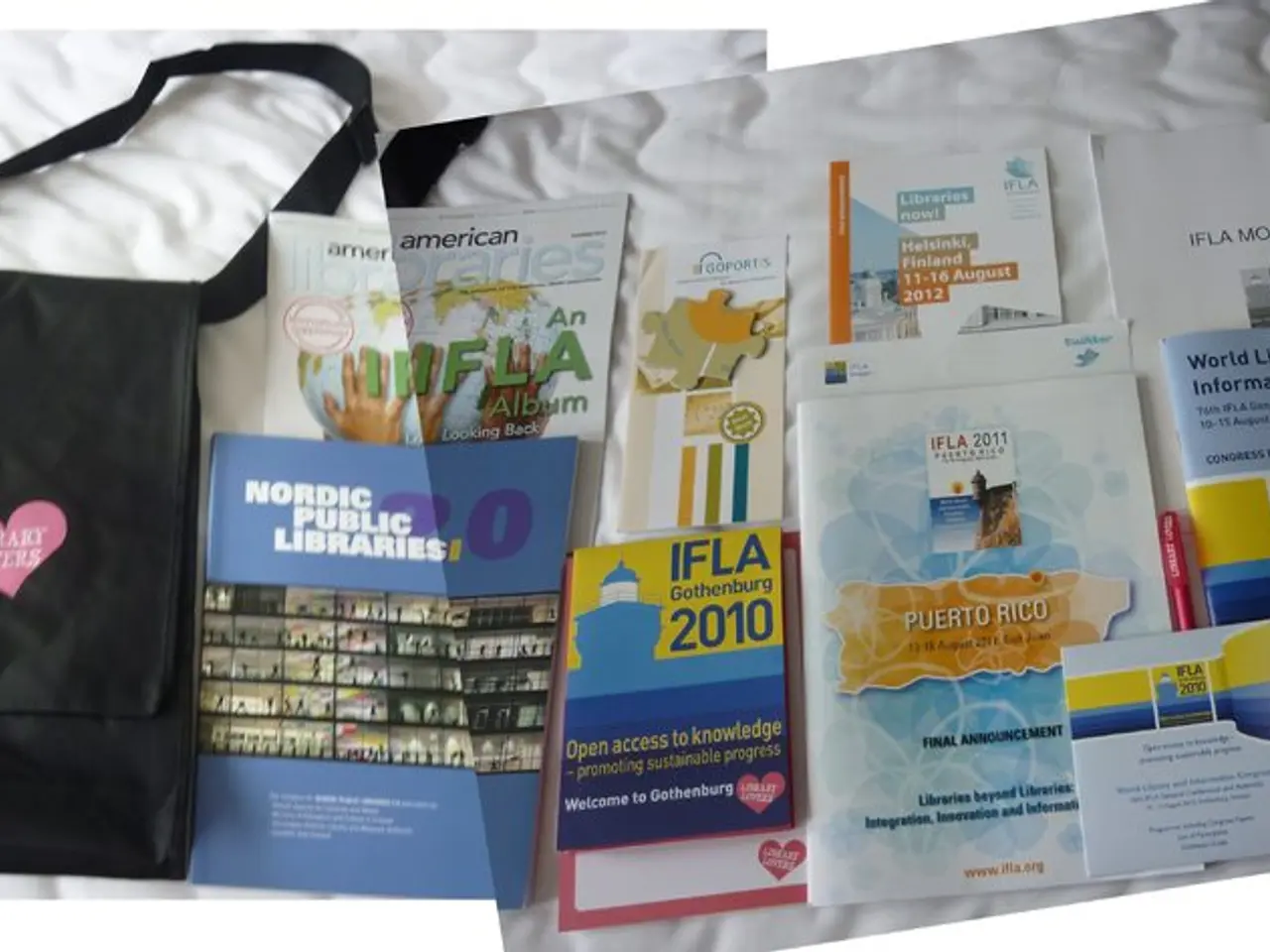Russia-Ukraine peace negotiations may recommence imminently in Turkey, as per Turkish President Erdogan's declarations.
In the recent third round of peace talks held in Istanbul, Turkey, representatives from Russia and Ukraine gathered to discuss proposals for a prisoner-of-war exchange and the possibility of a ceasefire. However, as of late July 2025, no agreement on a full ceasefire or broader political settlement has been reached [1][2].
Turkey, under the leadership of Foreign Minister Hakan Fidan, has taken on a central role as the mediator in these talks. Fidan has publicly called for an end to the "bloody war," emphasizing Turkey's goal of achieving a ceasefire that could lay the groundwork for peace [2][4]. Turkey's strategic positioning as a viable platform for future peace dialogues is evident in its efforts to bring the warring parties to the negotiating table.
Ukraine's delegation, led by Security and Defense Council Secretary Rustem Umerov, has put forth a firm stance, insisting on a full and unconditional ceasefire, including a total halt to attacks on civilian and energy infrastructure, as a non-negotiable precondition for diplomacy [2]. Ukraine has also proposed a direct face-to-face summit between Presidents Volodymyr Zelenskyy and Vladimir Putin by the end of August 2025, a significant step if Russia agrees [2]. Humanitarian issues, such as the release of civilians and children held by Russia, remain a priority for Kyiv.
Russia, however, shows little interest in comprehensive peace negotiations at this stage. The Kremlin continues to demand significant concessions from Ukraine, such as demilitarization, withdrawal from frontline regions, and abandoning NATO ambitions before meaningful talks can advance [3][4][5]. Russian officials have publicly rejected external pressure to negotiate and have reiterated their intent to continue the war until their war objectives are fully met.
In summary, the peace talks facilitated by Turkey in Istanbul are active but face deep fundamental disagreements. Turkey is positioning itself as a key regional mediator seeking to end the conflict, but the prospects for a ceasefire or comprehensive peace deal remain very limited given Russia's current stance and Kyiv’s firm conditions for negotiations [1][2][4][5].
Following the latest round of talks, Ukraine proposed a heads-of-state summit by the end of August, and there has been consensus reached on continuing prisoner-of-war exchanges. Trump has expressed frustration over failed cease-fire efforts in Ukraine and has threatened punitive measures if Russia fails to end the war within the new deadline.
- The ongoing peace talks in Istanbul, Turkey, are being spearheaded by Foreign Minister Hakan Fidan, who has emphasized Turkey's aim of achieving a ceasefire to establish a foundation for peace.
- Ukraine, led by Security and Defense Council Secretary Rustem Umerov, has insisted on a full and unconditional ceasefire as a prerequisite for diplomacy, and has proposed a direct summit between Presidents Volodymyr Zelenskyy and Vladimir Putin.
- Russia, in contrast, demonstrates no eagerness for comprehensive peace negotiations at present, continuously demanding concessions from Ukraine before any meaningful talks can proceed.
- The Turkish parliament has been engrossed in debates about Turkey's war-and-conflicts policy, with Prime Minister Recep Tayyip Erdogan advocating a strong Turkish stance in politics and policy-and-legislation regarding the ongoing conflict.
- General news outlets have reported that the Turkish government is keen on positioning Turkey as a central player in regional politics, using its influence to facilitate dialogue amidst the current war-and-conflicts.
